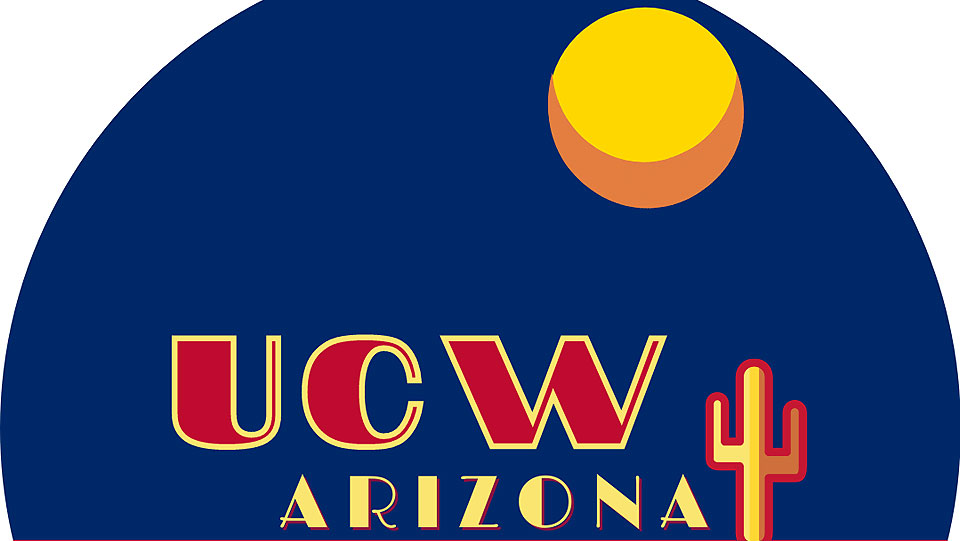
PHOENIX—Accelerating a trend seen on campuses nationwide, the Arizona Board of Regents (ABOR), the chief governing body of higher education in the state, has declared its commitment to drastic cuts and layoffs. Tens of millions of dollars and uncounted jobs could be at stake.
Arizona has slashed funding for higher education, forcing universities and academic units to seek funding elsewhere. In fact, no state has cut more funding to higher education than Arizona, a troubling development that shows no signs of slowing down.
At a recent meeting of the ABOR, members of United Campus Workers Arizona’s ABOR Committee attended to raise concerns and ask questions regarding proposed budgets.
The Finance, Capital, Resources committee of ABOR held the meeting and presentation live stream over YouTube. Time was supposed to be allotted for questions to be given after each Universities Fiscal Year Annual Budget presentation, but that didn’t happen.
The public session was slated to reconvene at 1:20 but began 25 minutes late. The public was given no opportunity to ask questions of ABOR. Once the presentations were complete, the meeting was abruptly cut short by 13 minutes. The YouTube live stream comments section was disabled. UCW members were left with no chance to raise questions or concerns.
In a summary of the presentations, Arizona State University noted a positive margin of $6.6 million—which UCW members found to be interesting due to the fact each unit is being asked to return 2% of the budget to central administration. In short, it all amounts to a 2% budget cut, even if the university isn’t saying so. One union member noted, “This is part of an ongoing process at ASU labeled ‘decentralization.’ The purpose is to make academic units pay for themselves.”
University of Arizona officials stated that salaries and wages for staff at the institution would decrease by some $21.2 million. The numbers suggest that UA is planning to enact another round of cuts and layoffs. The first round of cuts came last year, which spurred faculty, staff, and students to create CAJUA and United Campus Workers at UA.
Arizona is not alone in seeing higher education starved; it’s happening elsewhere, too. Former Trump Secretary of Education Betsy DeVos made no secret about her desire to expand “school choice,” and she urged cuts to public education as a way to speed up that process. Although DeVos is no longer in power, her legacy of incremental privatization continues. At least 35 state legislatures have proposed legislation to expand the voucher system. A notable example is the state of Arkansas, which passed legislation to increase taxpayer funding for private and charter schools.
The continuation of privatization of higher education in Arizona could theoretically be reversed or halted with the 2022 gubernatorial election. Arizona’s governor appoints eight members of ABOR for terms of eight years and two student members to staggered two-year terms. A Democratic-progressive win for governor could potentially drastically reshape the future of higher education in Arizona and the rest of the country.
With ABOR member and Republican Karrin Taylor Robson throwing her hat into the election ring, privatization looms over the horizon. However, it won’t go ahead without a fight from working-class organizations and unions, such as United Campus Workers.
UA UCW plans on presenting a Budget Town Hall hosted by the UA Mobilization Committee, which will be presenting its own analysis of the FY22 budget via Zoom on June 22nd.
All are welcome to attend and can register here.












Comments